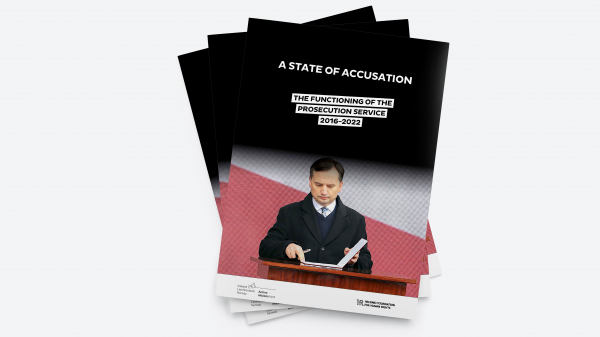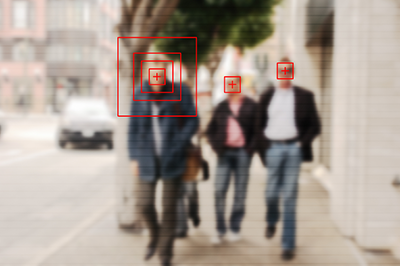
The actual elimination of prosecutors' independence, a sham change in the prosecution system, top-down control of investigations, “penal” secondments of prosecutors, rewards and promotions for a select few – this is the shortest summary of what the prosecution service has “achieved” in the past six years.
Power unchecked
The reunification of the positions of the Minister of Justice and Prosecutor General was only the beginning of the changes introduced in 2016 by the new Prosecution Service Act. Unusually for a democratic country, the new legislation gave Zbigniew Ziobro, an active politician, the tools to influence specific procedural decisions taken by prosecutors, the ability to inspect the files of any criminal proceedings and the authority to manage law enforcement operational activities and learn about their effects. “The Prosecution Service Act allows the leadership of the prosecution service to directly control any of the proceedings conducted by the prosecution service. Thanks to the work of the media, we have been able to identify the proceedings that had a very debatable course”, says Marcin Wolny, a co-author of the report.
The new structure
The “reform” changed the system of the prosecution service, too. The Prosecutor General’s Office and appellate prosecutor’s offices were replaced by the National Prosecutor’s Office and regional prosecutor’s offices, respectively. “These changes were, in fact, a sham. They were aimed exclusively at changing prosecutorial cadres, which included the transfer of selected prosecutors to lower-level prosecution units”, explains Małgorzata Szuleka, a co-author of the report.
Prosecutors under pressure
An amendment to the Prosecution Service Act has also contributed to the mounting pressure on some prosecutors who advocate the need for an independent prosecution service or who make procedural decisions contrary to the interests of the new leadership. “The actions taken against those prosecutors, such as the launching of disciplinary proceedings or transfers to remote prosecutorial units, bore the hallmarks of persecution”, Marcin Wolny points out.
A success?
In public statements, the highest-ranking prosecutors have praised the change, referring to the improvement in the statistical performance of the prosecution service. Each time, the year 2015, the moment of the introduction of the sweeping reform of criminal procedure, is indicated as the reference point.
A comparison with the preceding period clearly puts a question mark on the catchphrases claiming the success of the reform. “The direct effect of the changes is a significant deterioration of caseload management capacities and an increase in the number of protracted proceedings. The prosecution service as an institution has also become much more repressive with prosecutors more often requesting pre-trial detention. “In no way have the changes translated into improved public perception of the work of the prosecution service”, Maciej Kalisz adds.



